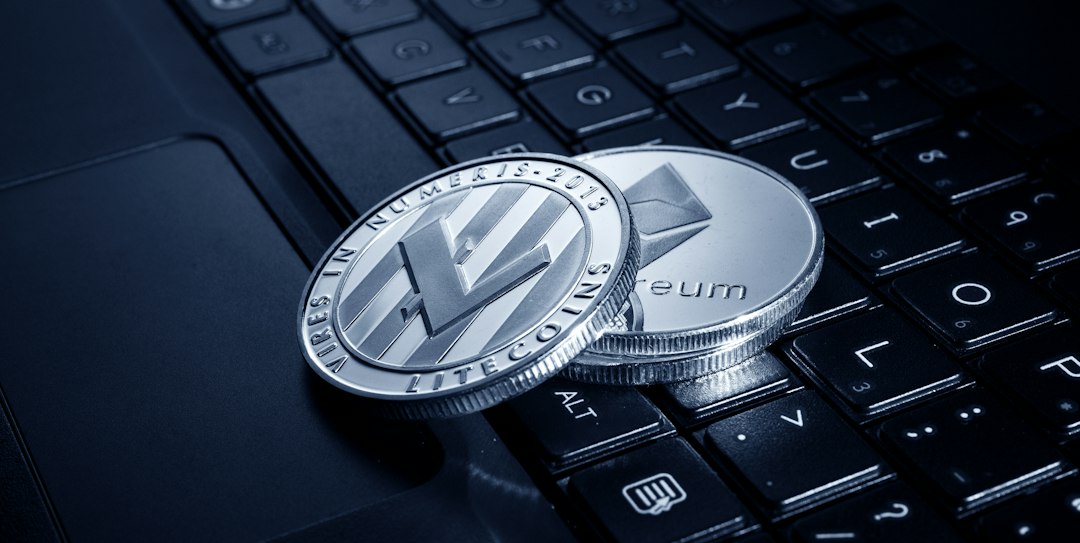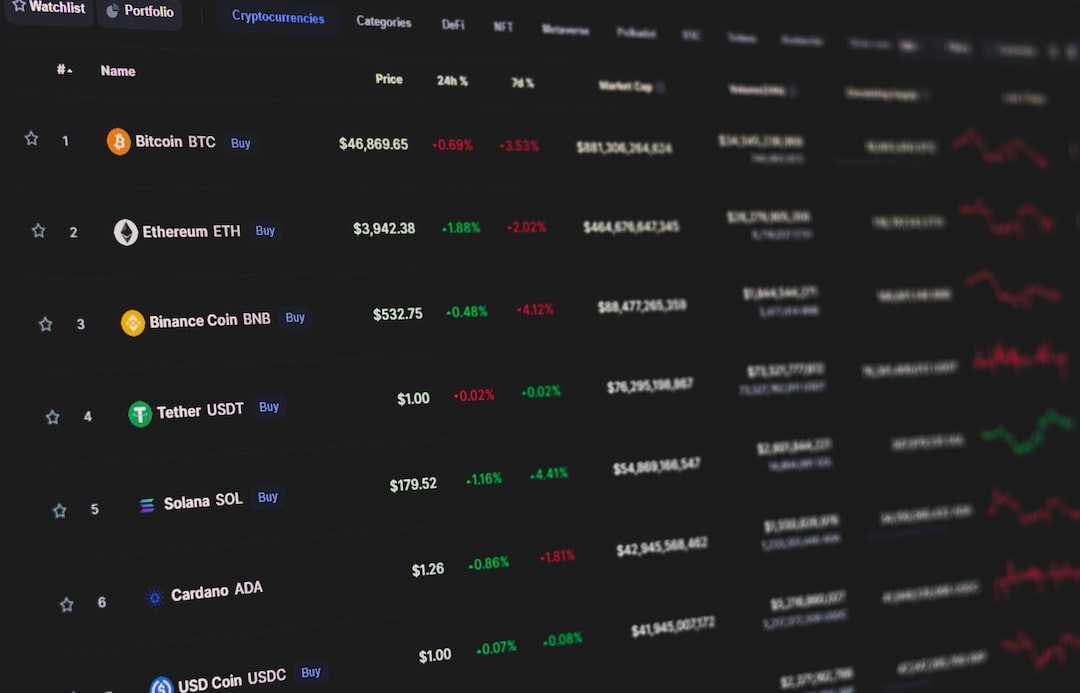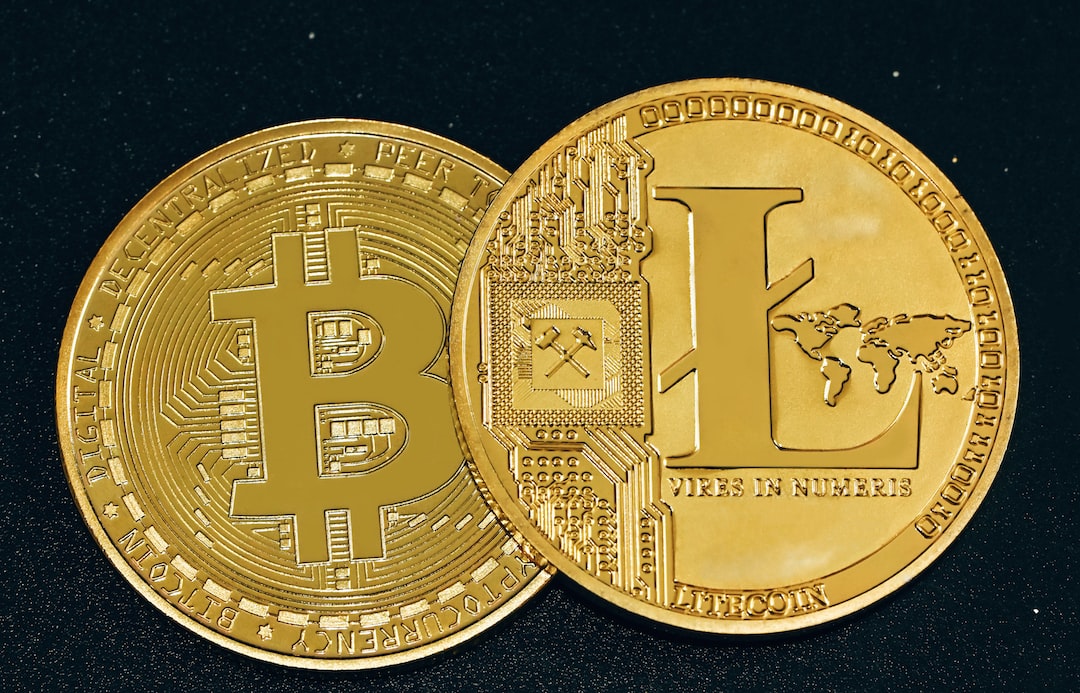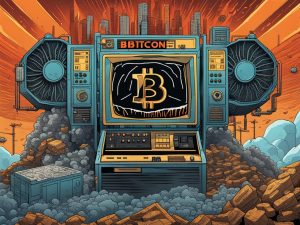Bitcoin Miners Face Potential Risks Amidst Regulatory Pressure
Bitcoin miners declining to process transactions for sanctioned addresses is becoming a concern as regulatory pressure on the industry increases. U.S. regulators are keeping a close eye on the crypto sector, and while miners are not currently the main target, they have reason to exercise caution. Providing services to individuals on the sanctions list could be seen as supporting sanctioned persons, leading to potential sanctions on the service provider. Some miners may voluntarily implement anti-money laundering measures to stay ahead of regulations.
Early Signs of Transaction Censorship
There are already signs that some miners are imposing censorship measures on transactions. In November, a bitcoin researcher observed that major mining pools ViaBTC, F2Pool, and Foundry did not include six bitcoin transactions involving addresses on the Office of Foreign Assets Control (OFAC) sanctions list. While this may have been an isolated event, it raises concerns about potential censorship in the future.
Rising Regulatory Pressure
Miners are increasingly feeling targeted by regulators. Sanctions and legal actions against crypto mixers indicate that regulators are willing to take innovative approaches. The U.S. Treasury’s Financial Crimes Enforcement Network (FinCEN) has proposed designating all cryptocurrency mixing as a primary money laundering concern, signaling a broader crackdown. While small individual miners may face little risk, mining services that handle transactions could be subject to regulation as money transmitters.
A Censored Future?
The idea of transaction censorship poses economic challenges for miners. Refusing to mine certain transactions only opens up opportunities for other miners to earn fees instead. However, if all major mining pools agreed to filter certain transactions, there could be delays in including “prohibited” transactions in the blockchain due to smaller miners who don’t follow those rules. This could potentially lead to a chain split and a 51% attack on Bitcoin. Some industry experts have suggested avoiding mining OFAC-blacklisted transactions altogether.
Hot Take: Miners Navigate Regulatory Risks in an Evolving Landscape
The increasing regulatory pressure on Bitcoin miners raises concerns about potential transaction censorship and compliance issues. While miners may face risks associated with processing transactions for sanctioned addresses, the economic incentives for mining all transactions remain strong. However, there is a possibility of an emerging consensus among major mining pools to avoid mining OFAC-blacklisted transactions, which could lead to chain splits and disruptions in the Bitcoin network. As regulators continue to innovate their approaches to the crypto industry, miners must navigate the evolving landscape and ensure compliance with regulatory requirements.





 By
By
 By
By
 By
By
 By
By

 By
By